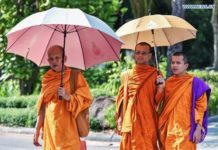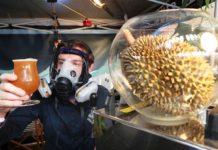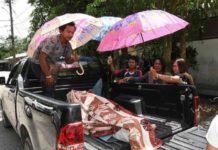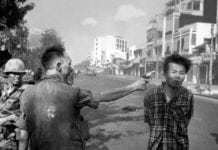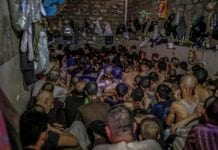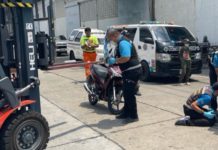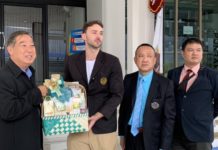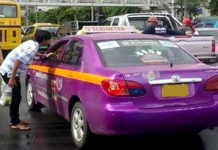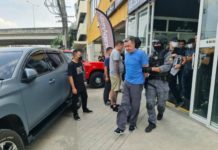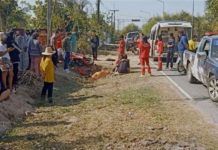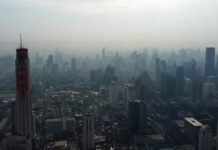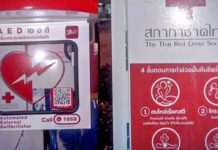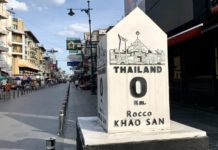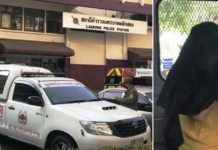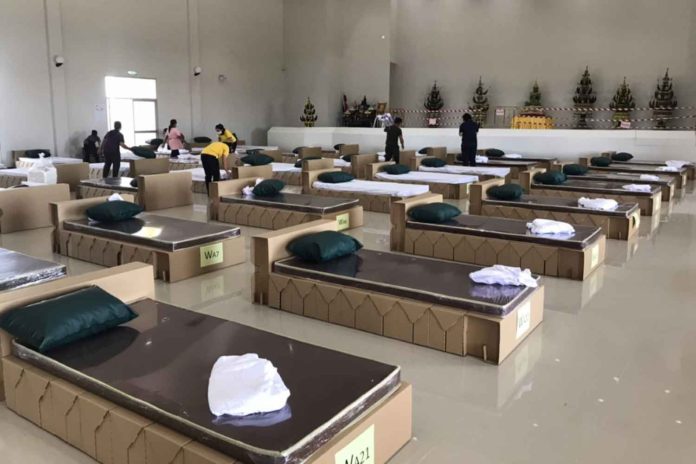
The exodus of workers from shuttered construction sites in Bangkok has led to an increase in Covid-19 infections detected in 32 provinces, mostly in the Northeast.
Apisamai Srirangson, spokeswoman for the Centre for Covid-19 Situation Administration, said on Thursday that 129 people arriving from Greater Bangkok had tested positive for the novel coronavirus this week.
By far the largest number were in the Northeast, where 84 infections were reported in 12 provinces among people arriving from the capital – in Si Sa Ket, Yasothon, Ubon Ratchathani, Maha Sarakham, Khon Kaen, Roi Et, Kalasin, Chaiyaphum, Nakhon Ratchasima, Surin, Buri Ram and Mukdahan.
Twenty-three cases were found in nine out of the 25 central provinces – in Ang Thong, Samut Songkhram, Suphan Buri, Prachuap Khiri Khan, Chanthaburi, Trat, Sa Kaeo, Prachin Buri and Chon Buri.
There were 20 cases in people arriving in six of the 18 northern provinces – Chiang Rai, Chiang Mai, Phayao, Nan, Phichit and Nakhon Sawan.
Two others went to Phuket, one of 14 southern provinces.
“This prompts provinces to issue strict orders for local people and officials to be on the highest alert, as workers are leaving risk areas in Greater Bangkok and the South for their home provinces,” Dr Apisamai said.
The exodus follows the closure of construction workers’ camps in Bangkok from Monday this week in a bid to control the Covid-19 clusters spreading through the labourers’ dormitories.
Many fled the camps before the closures came into force.
“People are not prohibited from returning home, but they must act responsibly towards their relatives, who may be elderly people or young children.
“The returnees might have been in close contact with Covid-19 cases and must act as if they are infected,” Dr Apisamai said.
She asked returnees to refrain from partying, from being too close to relatives or visiting crowded places in their home province. They could be carrying Covid-19, but remain asymptomatic.
However, coronavirus patients who don’t have any symptoms aren’t driving the spread of the virus, World Health Organization officials have confirmed.
“From the data we have, it still seems to be rare that an asymptomatic person actually transmits onward to a secondary individual,” Dr. Maria Van Kerkhove, head of WHO’s emerging diseases and zoonosis unit, said at a news briefing from the United Nations agency’s Geneva headquarters. “It’s very rare.”
Tell that to the experts in Thailand.

